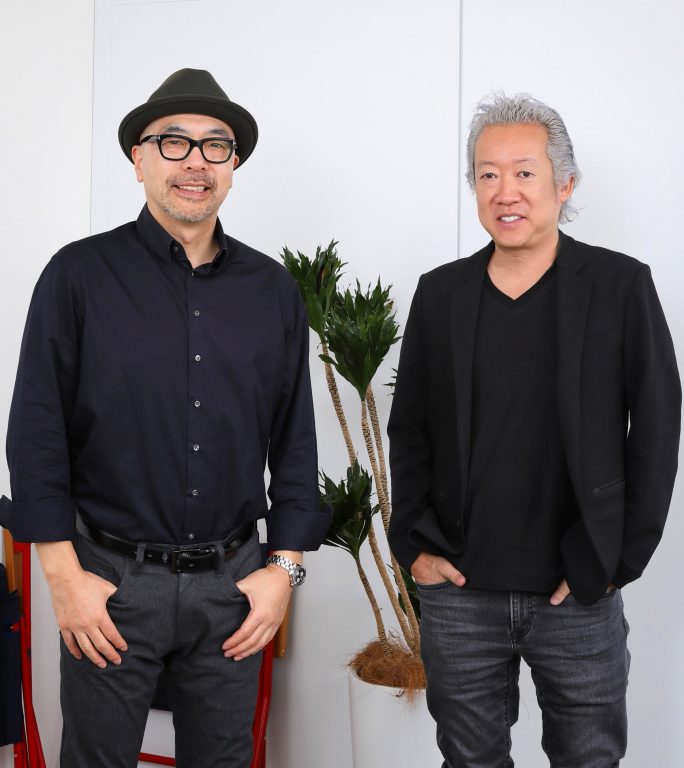Talked Talk [Knowing the Future of the World Before Anyone Else] (Part 2) Entrepreneur and Media Producer Hiroto Kobayashi and Consultant Jun Fukuda

Mr. Kobayashi is someone who has been paying attention to the cutting edge of the world since before Silicon Valley became GAFA.
I think he is the only Japanese businessman who still has a wealth of information about India and Berlin.
Please also see the second part of this dialogue. It is full of exciting episodes.
——————–
Talked dialogue [Knowing the world’s future map before anyone else] (Part 2)
Entrepreneur, Media Producer Hiroto Kobayashi x Consultant Jun Fukuda
Kobayashi: “I read something a long time ago that used the expressions “rimland” and “heartland. Rimland” means “periphery. The edge. Heartland,” on the other hand, means “center. Culture is a story that what happens in the rimland (periphery) gradually comes to the heartland (center).
I think the same is true of trends. What used to be the play of the aristocracy will eventually become popular. That is why I am concerned about edge cities like the aforementioned Berlin. In blockchain, Brooklyn is very active in the U.S., and until recently Berlin was called the “Crypto Capital,” where people from all over the world are gathering to develop protocols. So there is also a “beat GAFA” kind of terrain, and I met some engineers there who came from Silicon Valley and San Francisco.
As I mentioned in my own book, I feel that fintech in Japan has a strong impression of being bank-driven. In Europe, deregulation has forced banks to comply with orders for transfers and remittances, and many user-friendly services have been launched by IT companies other than banks. The name of the service is called “challenger bank”. More and more of them are emerging, and if they are successful in Europe, the next step is to expand to the U.S. and other countries.
But in Japan, there are inevitably legal barriers, and there is an image that it is difficult to get involved. I was very moved when I heard the story of Anne Boden, the founder of Sterling Bank, a mobile bank in the U.K. She talked about how hard she had to work to start the bank four years ago. I was so moved when I heard the story of the woman who founded the bank in Ireland and how hard she had to work to get it up and running four years ago. I was so shocked that I did a lot of research on challenger banks.
Like the story of the deregulation called PSD2 (European Union Directive regulating payment services in Europe). Then everyone is trying to beat the traditional banks, and there are opportunities for companies that design user experience (UX), front-end design, or communication, so the point where we are already competing is different.
I used to think that I was totally out of the loop and could not participate in such fintech discussions, but no, UX is the lifeline, and how to design it converges with branding, and in that sense, marketing is also important. Fintech is now more about “how to move users” than about the core technology that supports it. That layer is the work we’ve been doing, so we can’t just join in the conversation. It really changed the way I think about things.





